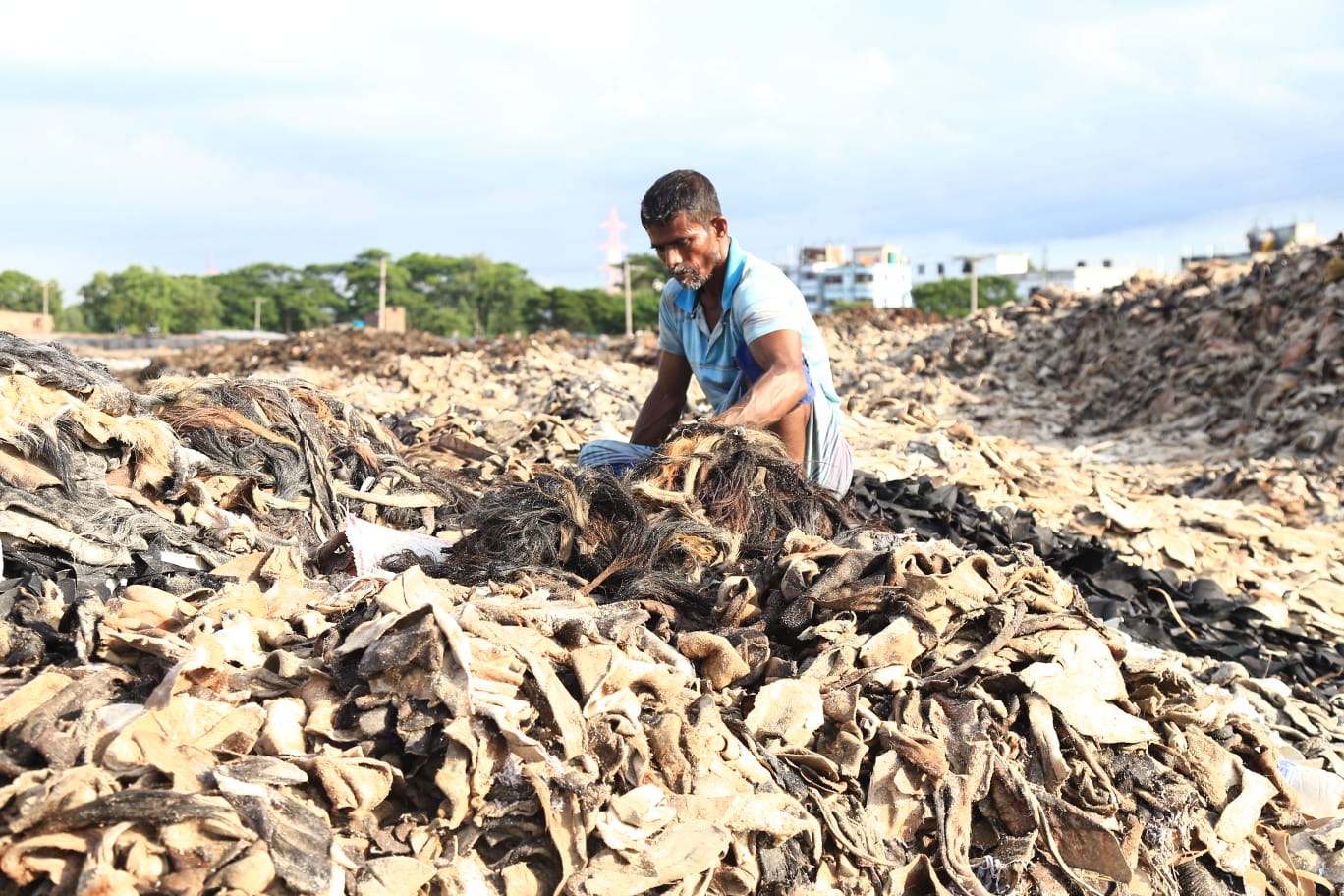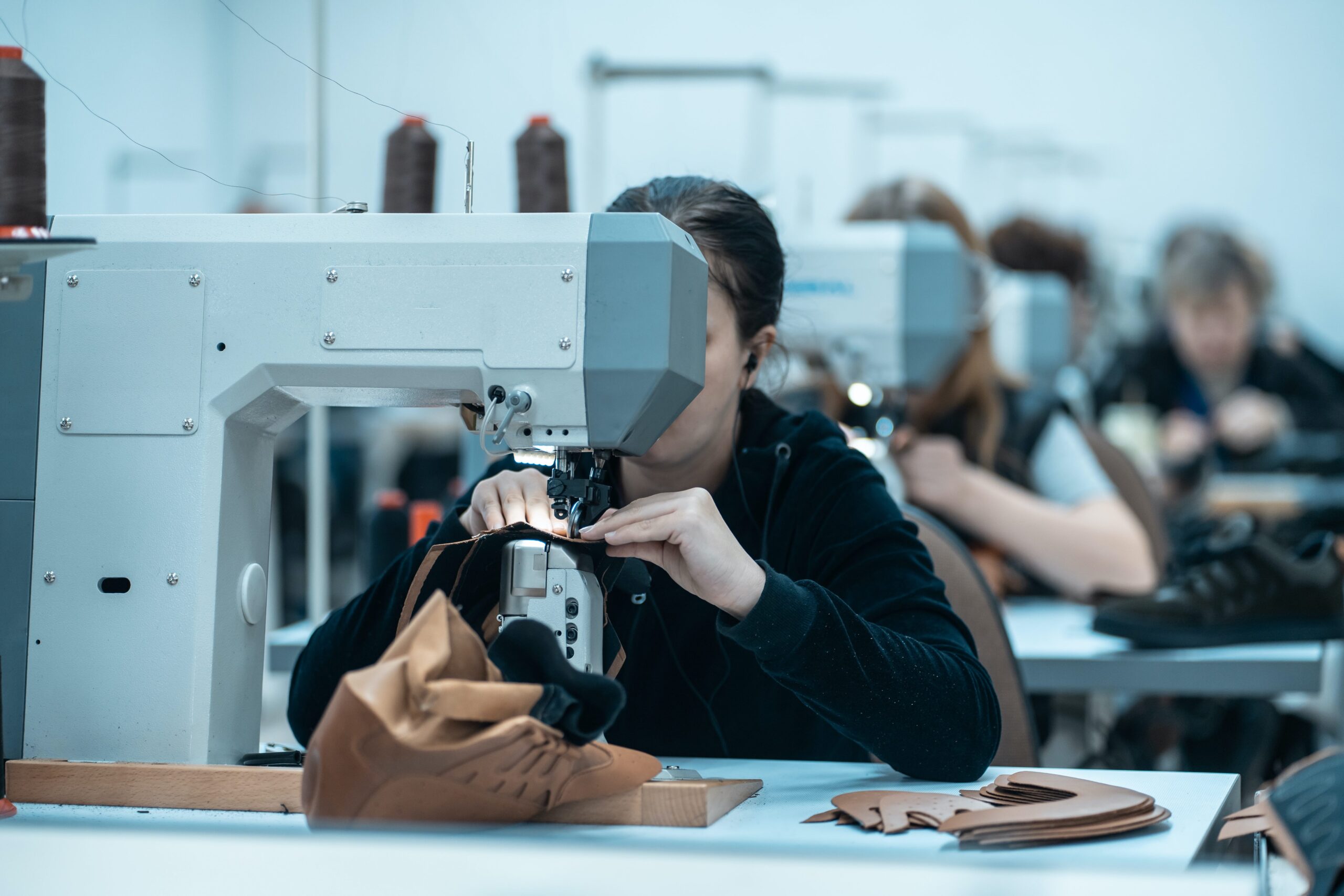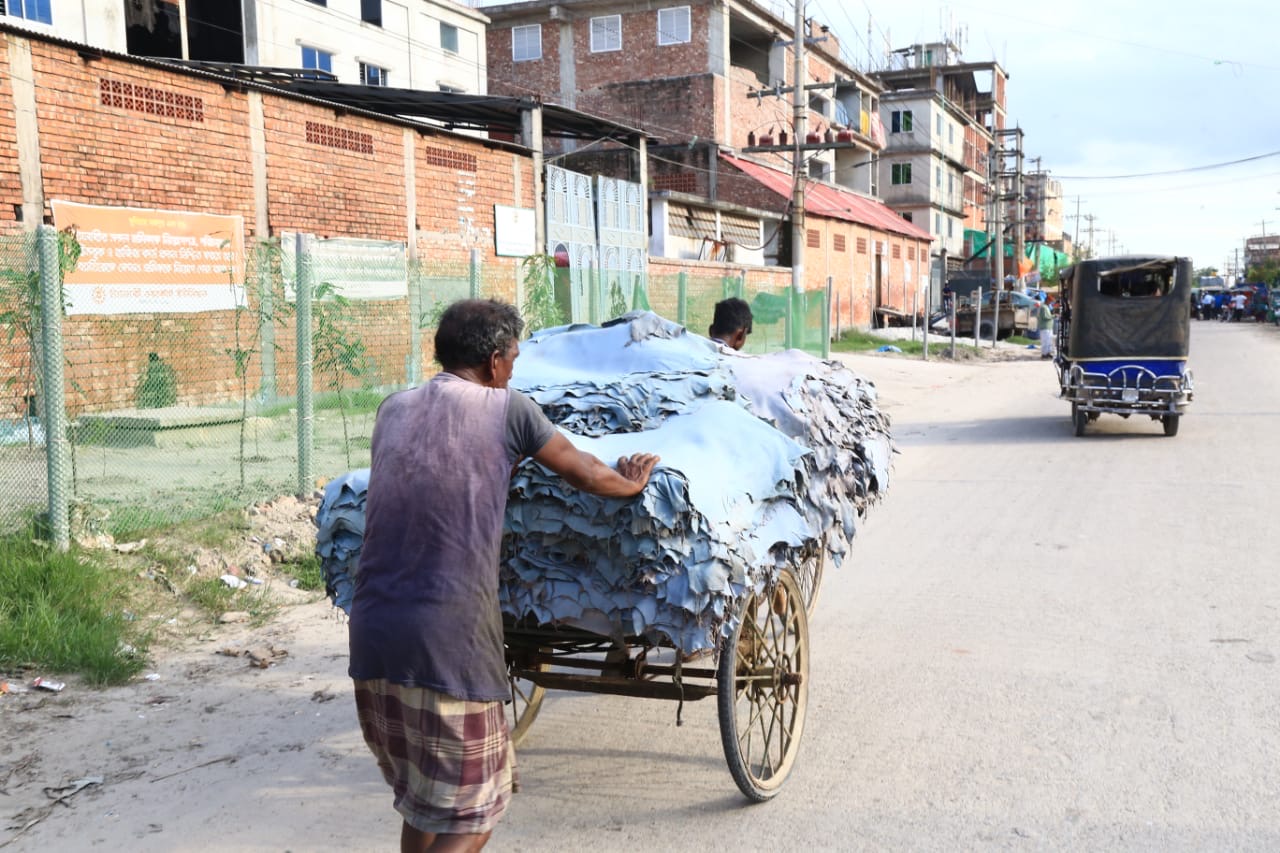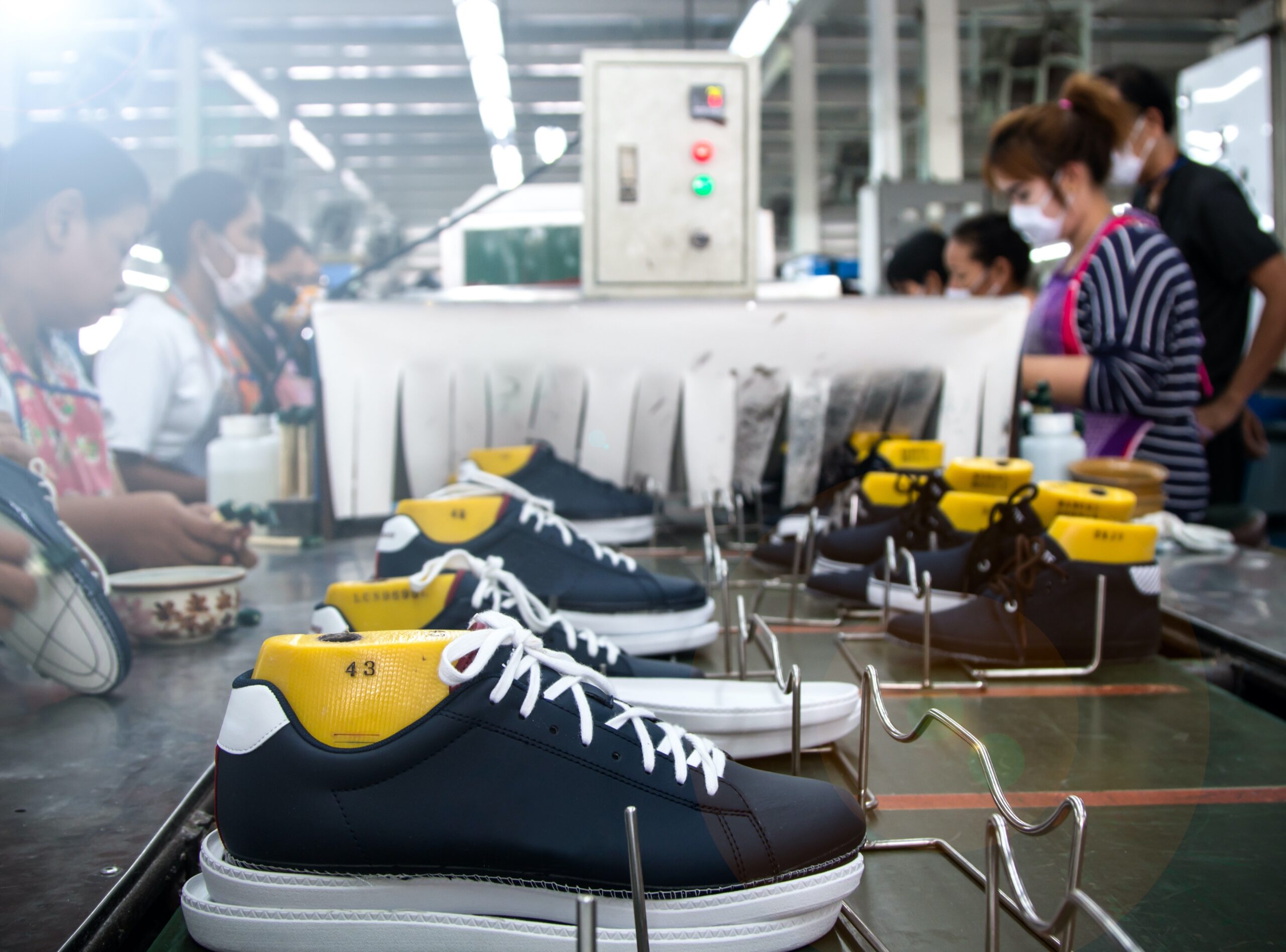With the sale and silly season nearly upon us, it’s not long before we flock to the malls looking for the best deal on a brand-new pair of strappy heels for that summer soiree.
But what if the best deal for you, isn’t the best deal for the people who make your shoes?
For the past six years New Zealand’s clothing industry has faced intense scrutiny from conscious shoppers and nonprofits like Tearfund, leading to positive change, while shoe companies have slipped under the radar.
After diving into this largely hidden industry, Tearfund discovered its dark underbelly laced with exploitation.
The aid and development organisation scored 25 top footwear companies representing over 90 brands on their efforts to address worker exploitation and environmental impact in their supply chains.
Instead of releasing the Ethical Fashion Guide as they have done in previous years, Tearfund released an exposé article that dives into the issues facing the footwear industry and reveals how companies scored out of 100.
The highest score was Adidas with 58.3 per cent, with an overall average of 22.6 per cent.

Six of the brands surveyed are New Zealand brands, so how did they stack up?
Ngahuia Group which includes Number 1 Shoes and Hannahs tied for the lowest spot scoring 0 per cent.
“They scored zero as they chose not to participate in the research and had no information online about their supply chain practices,” says Tearfund Advocacy Specialist, Morgan Theakston.
“A lack of visibility fosters an environment where exploitation of people and the planet is able to go unnoticed. Transparency around where our shoes and clothing are being made and the conditions of factories, is critical for holding companies accountable. It’s 2022, there’s no excuse anymore for not sharing this information with customers.”
Overland Footwear (Mi Piaci, Merchant 1948, Deuce) received 12.82 per cent and Allbirds scored 26.72 per cent.
While Kiwi co-founded Allbirds is known as a key player in sustainable footwear, its low score is due to the company’s lack of transparency around its factories, wages, and working conditions.
“Maybe they are doing well behind closed doors, but with the majority of fashion supply chain workers not earning enough to meet their basic needs, transparency around factories and wages must be the standard,” says Theakston.
It’s also important companies know what’s happening in their supply chains for tannery workers like Helal* and Mohsin*.
They have both spent more than 30 years chemically treating hides to turn them into leather that, down-the-line, will likely be fashioned into a pair of trendy boots. This is dangerous and low-paid work. They have both seen people die on the job.
Mohsin works 16-hour shifts and says, “We only have chemicals in our body by now, nothing else”.
Helal reveals the tannery he works for owes the equivalent of hundreds of thousands of NZ dollars in unpaid wages.
“Living and food are always a problem. There once was a buyer that cared about us, but since him, companies have only come for business,” says Helal.
He has also seen child labour. “I often see children working, the company turns a blind eye. The children do the same dangerous work we do because the company depends on it”. He says, “The rich are getting richer and the poor are dying”.

What else did the article reveal?
The article reveals that no footwear companies can show they’re paying a living wage and few have a public commitment to working towards a living wage.
Theakston says, paying a living wage is consistently the lowest-performing area in the research, yet it is the change that would have the single greatest impact on improving the lives of workers like Helal and Mohsin.
The article also reveals that the global footwear industry is creating serious issues for the planet. Despite the industry’s contribution to 1.4 per cent of global greenhouse gas emissions, only 20 per cent of companies have published an emissions reduction target and decarbonisation strategy in line with the current UN Fashion Industry Charter for Climate Action.
However, Tearfund is hopeful that this will change in the same way the clothing industry has had to respond to sustained pressure from advocates and consumers.
“With such low scores, it seems shoe companies have barely begun adopting the best practices that we’ve come to expect in the apparel industry, but from our conversations with them, it’s clear that many are interested, capable and willing to take action. We hope this research becomes a catalyst for meaningful change in the New Zealand footwear industry, “says Theakston.

Okay, but as a consumer what can I do about it?
Tearfund urges Kiwis to live by the Five Rs: Reduce, Re-Wear, Repair, Re-Home and Raise Your Voice.
So, maybe you’ll think twice before buying those new strappy heels and come to re-love the shoes you already own. The credit card you swipe has power; how will you use it?
If you want to dig deeper into this research and learn more about how you can make a difference, read our article “Footwear: An Industry Laced with Exploitation (+ how to tread lighter for people and planet).
Read the full Tearfund article here: https://www.tearfund.org.nz/Footwear-An-Industry-Laced-With-Exploitation







